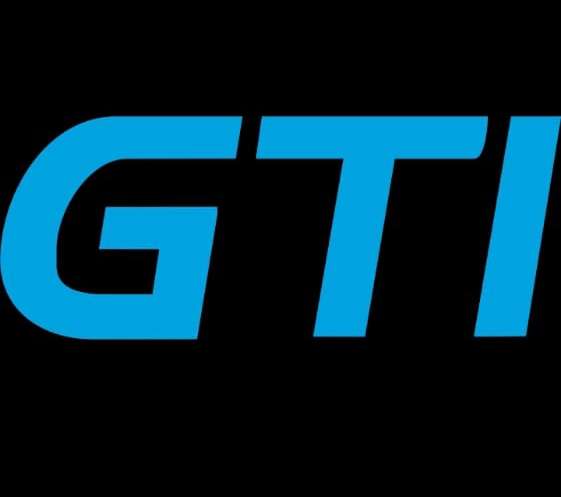Partnership deals have become a driving force in the development of sports assets globally, and Nigeria being a sport-loving country is never an exception. From economic growth to social empowerment, partnership deals have the power to transform the trajectory of sports and the lives of those connected to it. These collaborations often involve financial investments, sponsorships, brand activations and technological integration which are essential for advancing the sports ecosystem.
As a kicker, sports assets encompass the tangible and intangible components within the sports industry. Typical examples of sports assets include leagues, tournaments, teams/clubs, stadia, broadcasting rights and other intellectual properties that drive entertainment, fan-engagement cum revenue generation.
In Nigeria, prominent examples of sports assets include the Nigeria Premier Football League (NPFL) and the President Federation Cup (PFC). Both serve as national treasures that showcase football talent and the promotion of a unifying spirit across the country.
As noted earlier, these assets are not just platforms for competition; they are tools for community development, talent discovery and international representation. They hold immense potential to contribute to Nigeria’s economy or GDP, enhancement of the global image of the country and promote corporate brands when managed effectively.
For example, in the past three years, GTI Group has remained focused, resolute and at the forefront of helping in restructuring and repositioning the elite league in the country by laying a solid structure that drives positively the business aspect of the beautiful game. Thus, partnerships in sports assets involve strategic alliances between sports entities and corporate organizations. These alliances are not limited to financial sponsorships; they often include branding opportunities and media rights collaborations.
For instance, companies invest in sports assets to increase visibility and align their brand with the passion of sports fans. In return, sports organizations benefit from this support by improving their infrastructure, operational systems, enhancing professionalism and expanding their reach. This win-win scenario drives the industry forward, creating an environment conducive for innovation and growth.
Globally, sponsorships have helped to drive social change and community development. A prime example is MasterCard’s collaboration with Major League Baseball, which integrates social causes like cancer awareness into its sponsorship strategy. Similarly, various sports events are organized to promote advocacy for healthy living. Partnerships can help align commercial success with social impact, benefitting both brands and the communities they serve.
The Media and Publicity department of GTI Group has continuously emphasized the critical role of Corporate Nigeria and other International Conglomerates in supporting sports assets. These partnership deals have the capacity to unlock opportunities for economic growth and global competitiveness. Such investments are not only financially rewarding but also socially impactful, as they contribute to talent development, community building, and national pride.
The socio-economic gains of sports asset partnership deals could be summarized below:
1. Boosts GDP: By attracting investments, partnership deals create job opportunities in areas like event management, broadcasting and merchandising; thereby enhancing economic activities for these sports assets cum GDP of the country.
2. Talent Development: Sponsorships often fund grassroots programmes and help enable the discovery and nurturing of future stars in various sports disciplines.
3. Empowering Youth: Sports partnerships empowers the socio-economic development of the youths, steering them away from negative influences like crime and fostering a culture of discipline and excellence.
4. Promoting inclusivity and unity: Sports have a unique ability to bring people together, while partnerships amplify this impact by supporting initiatives that promote social cohesion and community development.
These partnerships underscore GTI’s commitment to fostering growth in the sports sector by enhancing infrastructure, professionalism, and global competitiveness which Corporate Nigeria should latch on to take sports development to the next level in the country.
Therefore, we urge local and multinational corporate brands to exploit partnership deals with the NPFL, PFC and other sports assets for mutual benefits in order to build a vibrant sports economy we all crave.

